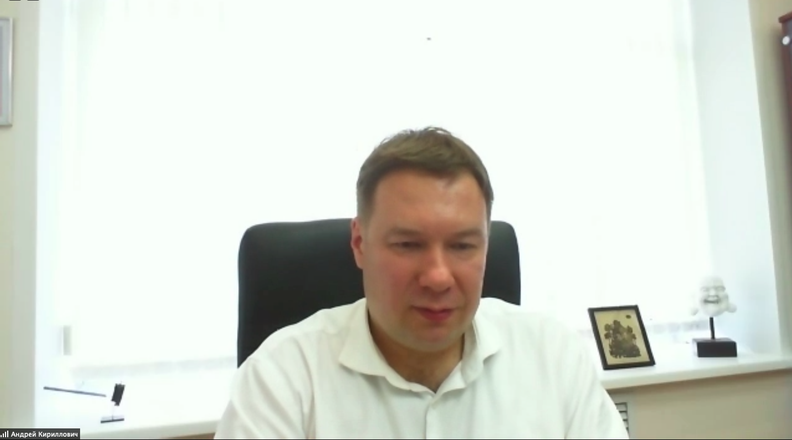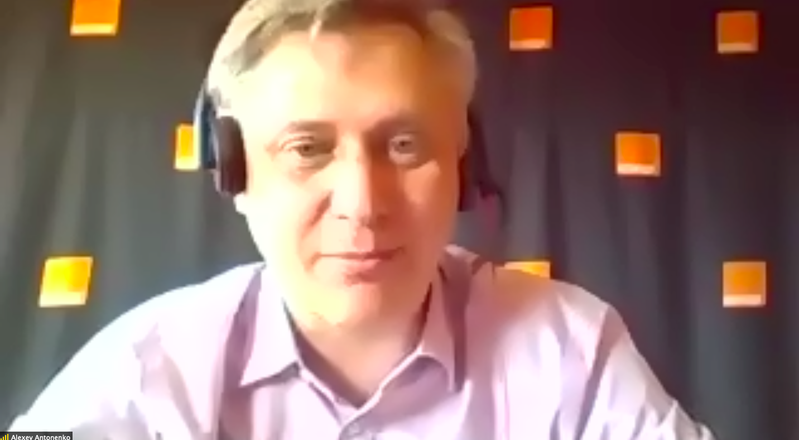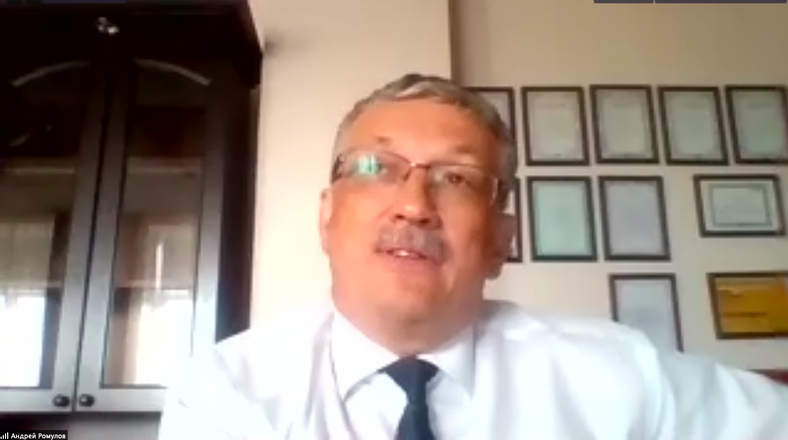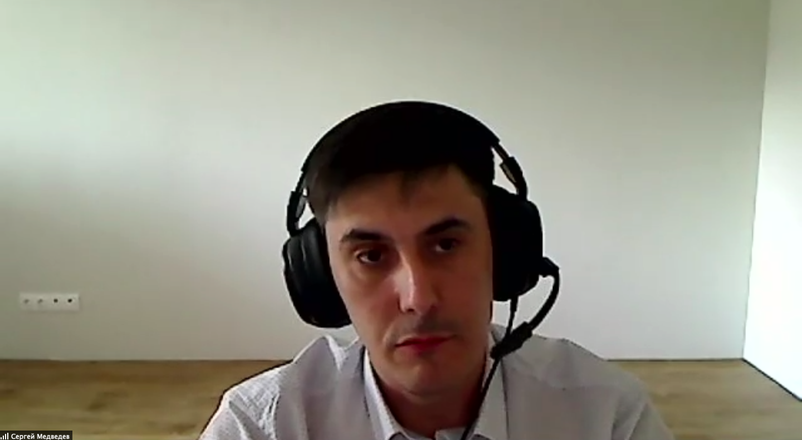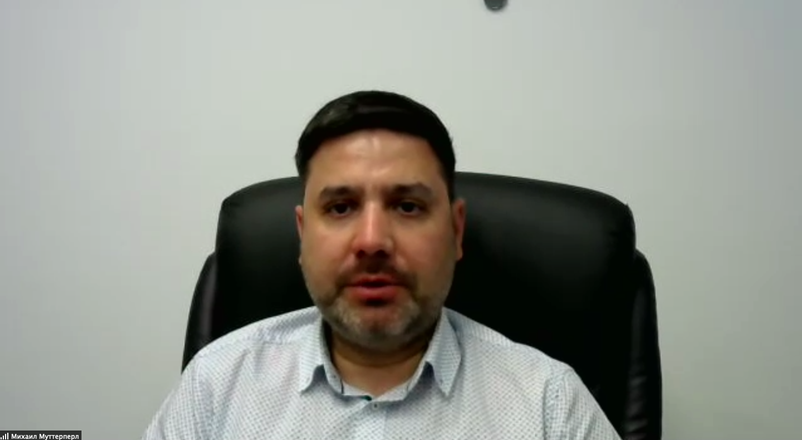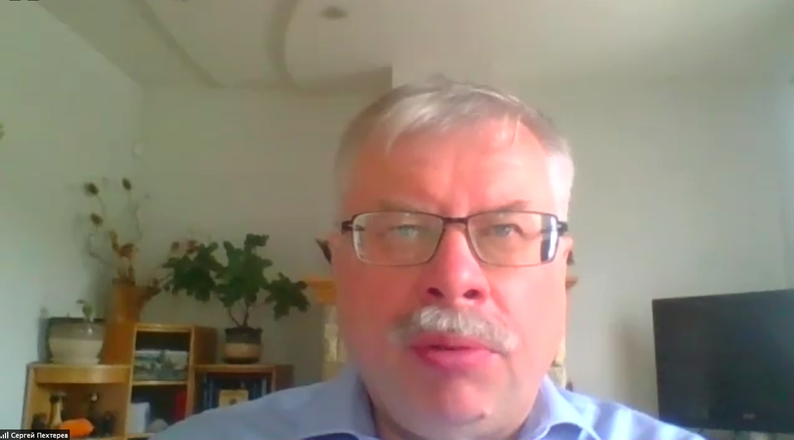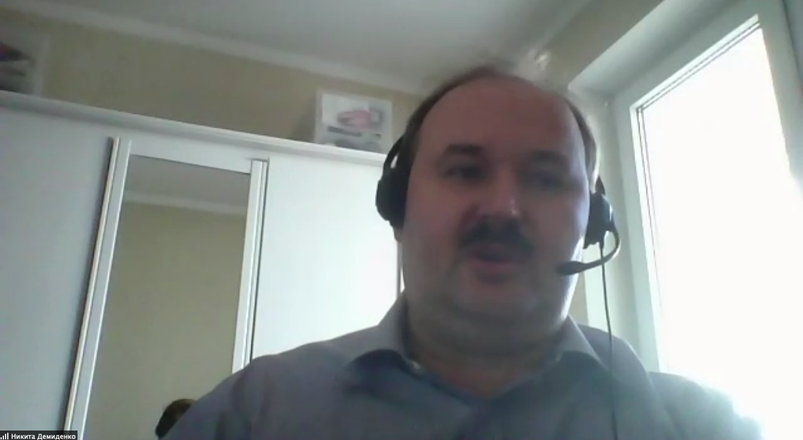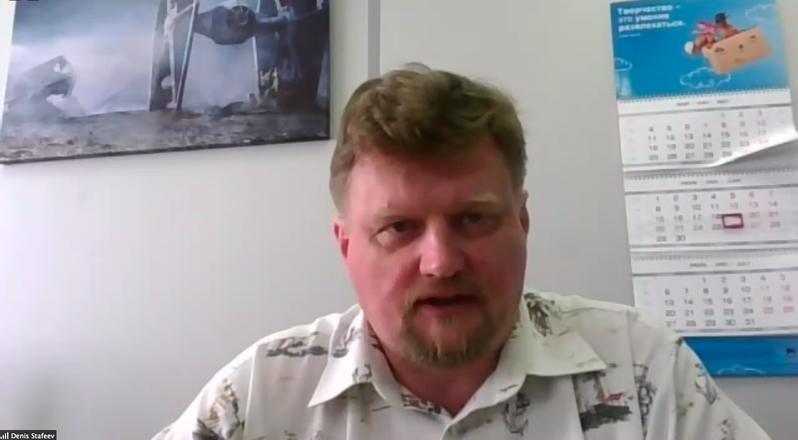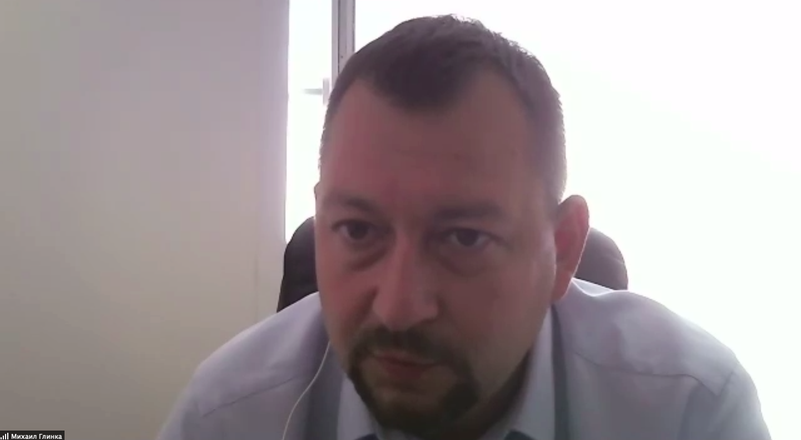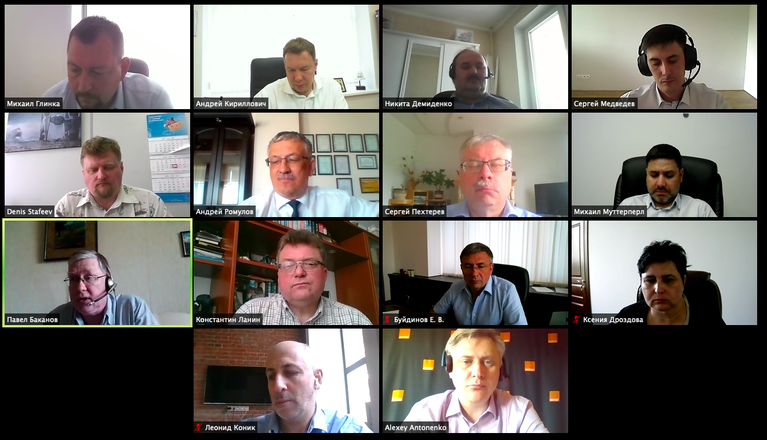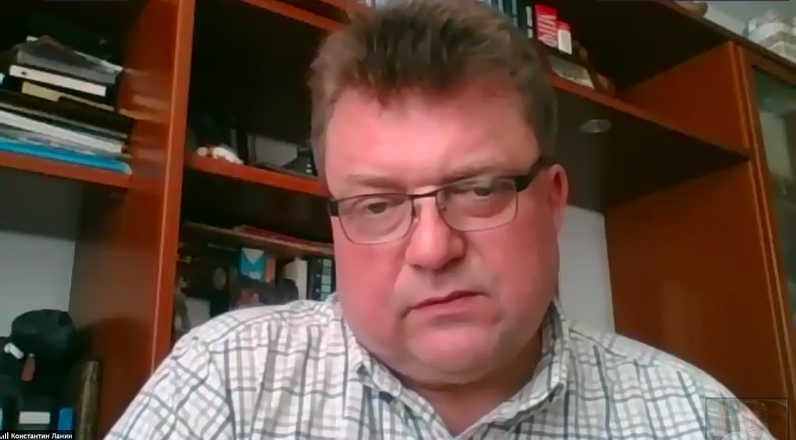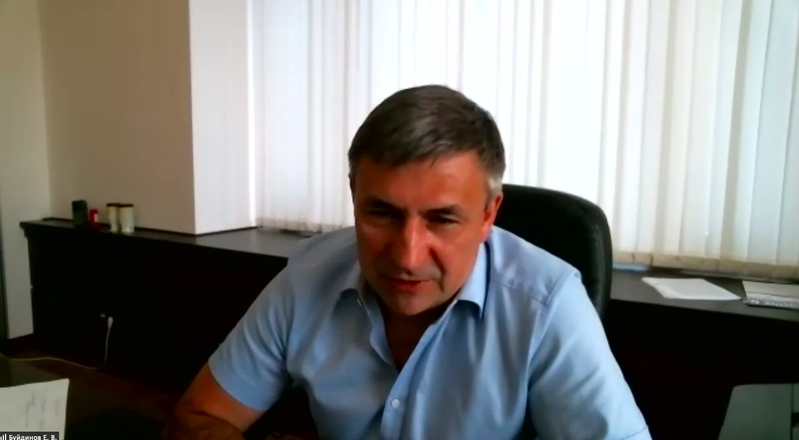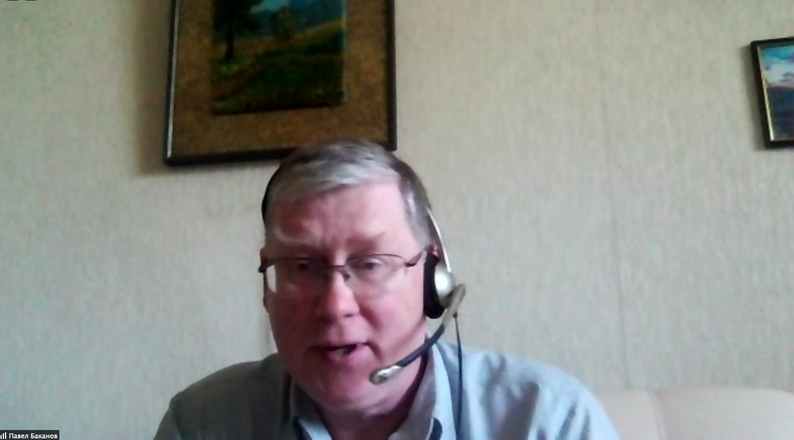“VSAT vs. COVID-19”: RSCC puts up an online round-table discussion
The issues of equipment supply were discussed by the attending experts with due regard for the closure of many state and regional borders, as well as current transformations and new trends in the satellite broadband market in Russia. The event was put up by RSCC in partnership with KA-BAND.INFO, the Internet portal dealing with satellite Internet in Russia.
Moderating the webinar were Andrei Kirillovich, Director, RSCC Integration Services and Complex Projects Department, and Mikhail Glinka, Director, RSCC Department of Sales of Operator and Corporate Solutions.
Addressing the conference with a welcoming speech, Evgeny Buydinov, RSCC Deputy Director - General for Development and Operation of Communication Systems, spoke about the RSCC’s measures to protect the employees’ health and develop the business during the period of self-imposed isolation: the company has fully established online remote work, avoiding delays in the procurement and supply of spare parts and technical equipment. In his word of welcome, Evgeny Buydinov also thanked the telecom community for mutual assistance and help-out efforts under trying conditions of the pandemic.
Speaking on behalf of equipment manufacturing companies, Konstantin Lanin (Hughes), Denis Stafeev (Gilat), Pavel Bakanov (Istar), and Nikita Demidenko (iDirect) discussed the specifics of production and supply of VSAT equipment and changes in the volume of orders for services and goods in the current pandemic. All vendors stressed that production continued unabated, but noted certain issues with product deliveries. Konstantin Lanin said that in Latin and North America the demand for satellite communications remains at a high level. For example, in Brazil over the past two months, connectivity has become available to ten thousand new subscribers. At the same time, Konstantin outlined another trend: against the backdrop of a healthy growth in the end-user segment, a decline is observed in the corporate market segment. Nikita Demidenko noted that in Russia and the CIS countries, sales of VSAT equipment, on average, saw a one-and-a half-times increase over the last quarter (compared with the same period last year). Denis Stafeev pointed to the fact that during the pandemic period, sales of VSAT equipment for communication services at moving objects (air and sea transport) fell, with some companies suspending purchases until the end of the year. However, this is also offset by increased demand from end users. During the pandemic in Russia, Gilat has been supplying about 2,000 VSAT kits per month. Pavel Bakanov noted that equipment sales in the Russian market remained at the last year level, while global sales had grown by more than 20%.
The list of speakers representing satellite operators included Andrey Romulov (Iskra Design Bureau), Sergey Pekhterev (Ka-Internet), Sergey Medvedev (Dozor Teleport), Mikhail Mutterperl (RTKOMM Group of Companies), and Alexei Antonenko (Orange Business Service). It was noted in the discussion that in the first few months of operating in the new environment, no changes have been noticed in corporate communication networks thus far. This is due to the fact that big customers had already firmed up their budgets for the year 2020. Therefore, many market participants are expecting global changes at the end of this year. At the same time, Sergei Medvedev highlighted another problem: demand for satellite communications on the part of oil companies plummeted by about 30% to. This also has to do with the crisis in the oil industry generally, where some companies had to leave the Russian market.
Andrei Romulov identified a trend for special emphasis: first of all, the structure of traffic consumption has changed, an increase of about 10-15% month - over - month is noted. In his view, telemedicine may become a driver for the satellite communications in the next two - three years, but at the same time, there are certain constraints due to the specifics of medical equipment. Aleksey Antonenko stressed that the domestic maritime communications market is moving ahead steadily, the pandemic has not affected the traffic, and the operator receives requests to expand channels. The maritime VSAT sector, in his opinion, has not stopped, and proved to be stable.
Summing up the round table results, experts have noted that, in the short term, the operator business will not change. Most of the attendees are optimistic about the future landscape of the VSAT market. In the long run, success depends on the ability to quickly adapt to the new environment, and most of the operators stand ready to do so.
